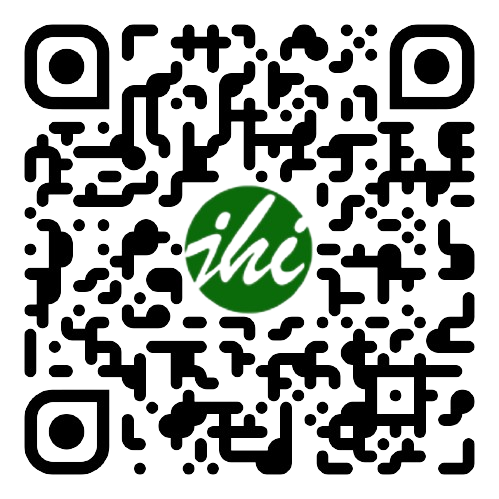Kebijakan Distribusi dalam Pembangunan Ekonomi Islam
DOI:
https://doi.org/10.28918/jhi.v0i0.693Abstract
Economic growth cannot be separated from justice of distribution for each individual. But in reality, it seems an injustice and inequality in the distribution of income and wealth, so the impact on the increase of poverty. Distribution policy in economic development Islam upholds the values of justice based on the Qur’an, that is wealth does not circulate only one group alone. This paper concludes that the distribution policy in economic development Islam emphasizes the elimination rate system that benefits those who have capital and resulted in accumulation of wealth in certain groups. In addition, people are required to realize the importance of creating the role of distributive justice and narrow the economic gap with the practice regular charity, infaq, sadaqah, awqaf, inheritance and others, so that it can be optimized as a source of financing economic development. Then, the no less important in the distribution policy is to optimize the sukuk to finance the country’s development in order to improve public services, so that the results can be felt by the whole society.
Downloads
Published
How to Cite
Issue
Section
License

This work is licensed under a Creative Commons Attribution-ShareAlike 4.0 International License.
Jurnal Hukum Islam use a variety of waivers and licenses that are specifically designed for and appropriate for the treatment of data:
- Open Data Commons Attribution License, http://www.opendatacommons.org/licenses/by/1.0/(default)
- Creative Commons CC-Zero Waiver, http://creativecommons.org/publicdomain/zero/1.0/
- Open Data Commons Public Domain Dedication and License, http://www.opendatacommons.org/licenses/pddl/1-0/
Other data publishing licenses may be allowed as exceptions (subject to approval by the editor on a case-by-case basis) and should be justified with a written statement from the author, which will be published with the article.













.png)














